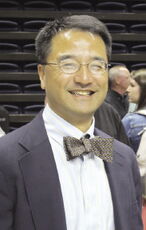
Processing Your Payment
Please do not leave this page until complete. This can take a few moments.
-
News
-
Editions
-
- Lists
-
Viewpoints
-
HBJ Events
-
Event Info
- 2024 Economic Outlook Webinar Presented by: NBT Bank
- Best Places to Work in Connecticut 2024
- Top 25 Women In Business Awards 2024
- Connecticut's Family Business Awards 2024
- What's Your Story? A Small Business Giveaway 2024 Presented By: Torrington Savings Bank
- 40 Under Forty Awards 2024
- C-Suite and Lifetime Achievement Awards 2024
- Connecticut's Health Care Heroes Awards 2024
-
-
Business Calendar
-
Custom Content
- News
-
Editions
View Digital Editions
Biweekly Issues
- April 15, 2024
- April 1, 2024
- March 18, 2024
- March 4, 2024
- February 19, 2024
- February 5, 2024
- January 22, 2024
- January 8, 2024
- Dec. 11, 2023
- + More
Special Editions
- Lists
- Viewpoints
-
HBJ Events
Event Info
- View all Events
- 2024 Economic Outlook Webinar Presented by: NBT Bank
- Best Places to Work in Connecticut 2024
- Top 25 Women In Business Awards 2024
- Connecticut's Family Business Awards 2024
- What's Your Story? A Small Business Giveaway 2024 Presented By: Torrington Savings Bank
- 40 Under Forty Awards 2024
- C-Suite and Lifetime Achievement Awards 2024
- Connecticut's Health Care Heroes Awards 2024
Award Honorees
- Business Calendar
- Custom Content
High-Tech Health: Colleges respond to growing demand for biomedical engineers with expanded offerings
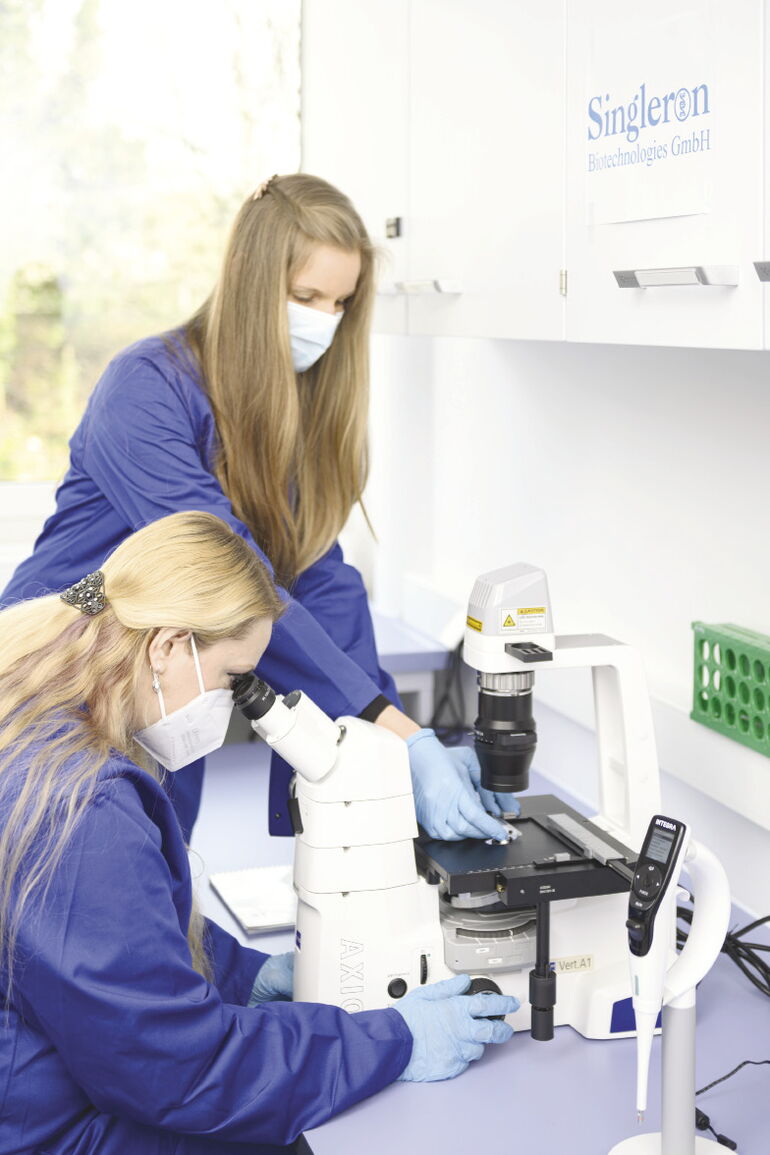 PHOTO | CONTRIBUTED
Connecticut companies like molecular diagnostic firm Singleron Biotechnologies in Woodbridge are in need of biomedical engineers.
PHOTO | CONTRIBUTED
Connecticut companies like molecular diagnostic firm Singleron Biotechnologies in Woodbridge are in need of biomedical engineers.
According to the U.S. Bureau of Labor Statistics, the biomedical engineering profession is expected to grow 6 percent over the next few years, with the industry adding about 1,400 new jobs annually.
As of April, there were dozens of jobs advertised for biomedical engineers in the New Haven area, at employers like the Yale New Haven Health system, IsoPlexis, Yale University and Quantum-Si, to name a few. Greater New Haven is also ranked as one of the top-paying U.S. metro regions for biomedical engineers, according to the U.S. Bureau of Labor Statistics.
In response to growing job demand, many local universities are expanding their coursework to prepare students to work in the field, often referred to as a vital intersection of life sciences, health care and engineering.
Fairfield University, for example, now offers both undergraduate and graduate programs in biomedical engineering. It recently announced it was adding a 30-credit master’s degree in biomedical engineering starting in the fall of 2022.
“We added a graduate master’s program recently because there is a demand for biomedical engineers with advanced degrees,” said Uma Balaji, chair of Fairfield University’s electrical and biomedical engineering department. “Our students are well-prepared with both theory and hands-on practical experience.”
Applications are being accepted now so master’s candidates can start their studies this fall. Even before the expansion, Fairfield saw many of its graduates landing jobs at prominent biomedical engineering companies, many of them local.
Fairfield University students are able to take experiential and project-based courses and will be encouraged to conduct applied research in the school’s new Orthopedic Biomechanics Research Laboratory.
Its laboratory equipment includes high-tech gear like a scanning electron microscope and electrospinning machine that involves the application of nanoparticles used for tissue engineering in biological and microbial research.
“There is an enormous amount of interest in finding ways to bring healthcare costs down,” Balaji said, noting that factor is a motivator for many biomedical engineering faculty researchers and students.
Regional partnerships
Yale’s School of Engineering & Applied Science (SEAS) also recently announced a major expansion that will include the addition of 30 faculty members across the school’s departments, said Angelica Gonzalez, associate professor of biomedical engineering.
The investment will include the addition of biomedical engineering professors and construction of a new Physical Science & Engineering Building that will likely be Yale’s largest building investment ever.
“Since our founding in 2003, SEAS has built an international reputation in the areas of drug delivery, medical imaging, and tissue engineering,” Gonzalez said. “So this investment will strengthen an already strong department, while enhancing visibility and the national standing of SEAS and Yale overall.”
Fairfield University's Balaji and Mark Saltzman, professor of clinical and biomedical engineering at Yale, said the recent program expansions are the result of a real-world need to hasten discovery of new healthcare products and technologies for diagnosis and treatment.
“It really doesn’t take a long time to make a big change to our biomedical engineering program,” Balaji said. “If what we want to do has merit, the university is quick to prioritize and act on it.”
Other local universities that have biomedical engineering programs include the University of Bridgeport and University of New Haven. Quinnipiac University has a biomedical science program that is slightly different; its emphasis is almost exclusively on research, as opposed to the creation of new devices and techniques.
UConn also has a strong foothold in the field focused on three specialized areas: regenerative engineering, biosensors (which is related to artificial intelligence) and neuroscience.
UConn biomedical engineering professor Ki Chon says federal research grants help advance the school’s work and brandish its reputation. The same is true at Yale.
“Our students get to work on real-life problems,” Chon said.

The schools also assist with internships and by seeking research partnerships with local companies that can provide additional opportunities for student participation.
Many students from Fairfield, Yale and UConn intern with one of several local biomedical engineering firms, such as Medtronic, PerkinElmer and Singleron Biotechnologies. A number of students end up as employees following graduation, school officials said.
Singleron founder and CEO Nan Fang said her company is always in search of new talent and works to recruit from local schools.
“We always try to find internships,” added Thomas Martin, professor and chair of the biomedical sciences department at Quinnipiac. “And now that we’re coming out of COVID, we’re exploring many new partnerships with regional biomedical companies.”
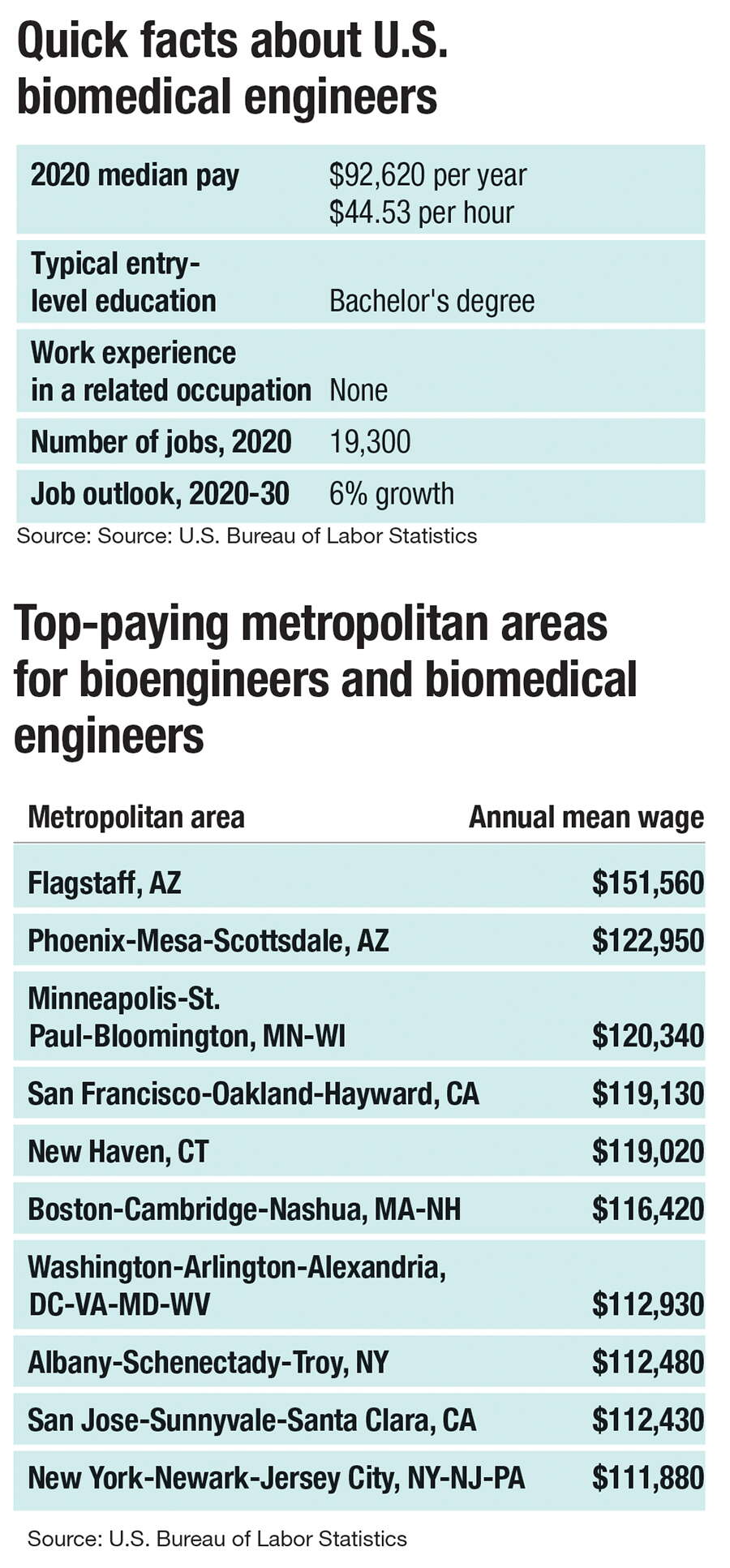

2022 Giving Guide
This special edition informs and connects businesses with nonprofit organizations that are aligned with what they care about. Each nonprofit profile provides a crisp snapshot of the organization’s mission, goals, area of service, giving and volunteer opportunities and board leadership.
Learn more
Subscribe
Hartford Business Journal provides the top coverage of news, trends, data, politics and personalities of the area’s business community. Get the news and information you need from the award-winning writers at HBJ. Don’t miss out - subscribe today.
Subscribe
2024 Book of Lists
Delivering Vital Marketplace Content and Context to Senior Decision Makers Throughout Greater Hartford and the State ... All Year Long!
Read Here-
2022 Giving Guide
This special edition informs and connects businesses with nonprofit organizations that are aligned with what they care about. Each nonprofit profile provides a crisp snapshot of the organization’s mission, goals, area of service, giving and volunteer opportunities and board leadership.
-
Subscribe
Hartford Business Journal provides the top coverage of news, trends, data, politics and personalities of the area’s business community. Get the news and information you need from the award-winning writers at HBJ. Don’t miss out - subscribe today.
-
2024 Book of Lists
Delivering Vital Marketplace Content and Context to Senior Decision Makers Throughout Greater Hartford and the State ... All Year Long!
ABOUT
ADVERTISE
NEW ENGLAND BUSINESS MEDIA SITES
No articles left
Get access now
In order to use this feature, we need some information from you. You can also login or register for a free account.
By clicking submit you are agreeing to our cookie usage and Privacy Policy
Already have an account? Login
Already have an account? Login
Want to create an account? Register
Get access now
In order to use this feature, we need some information from you. You can also login or register for a free account.
By clicking submit you are agreeing to our cookie usage and Privacy Policy
Already have an account? Login
Already have an account? Login
Want to create an account? Register

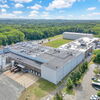

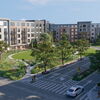
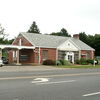

0 Comments